Tax Glossary: Tax terminologies you must know of (Part 2)
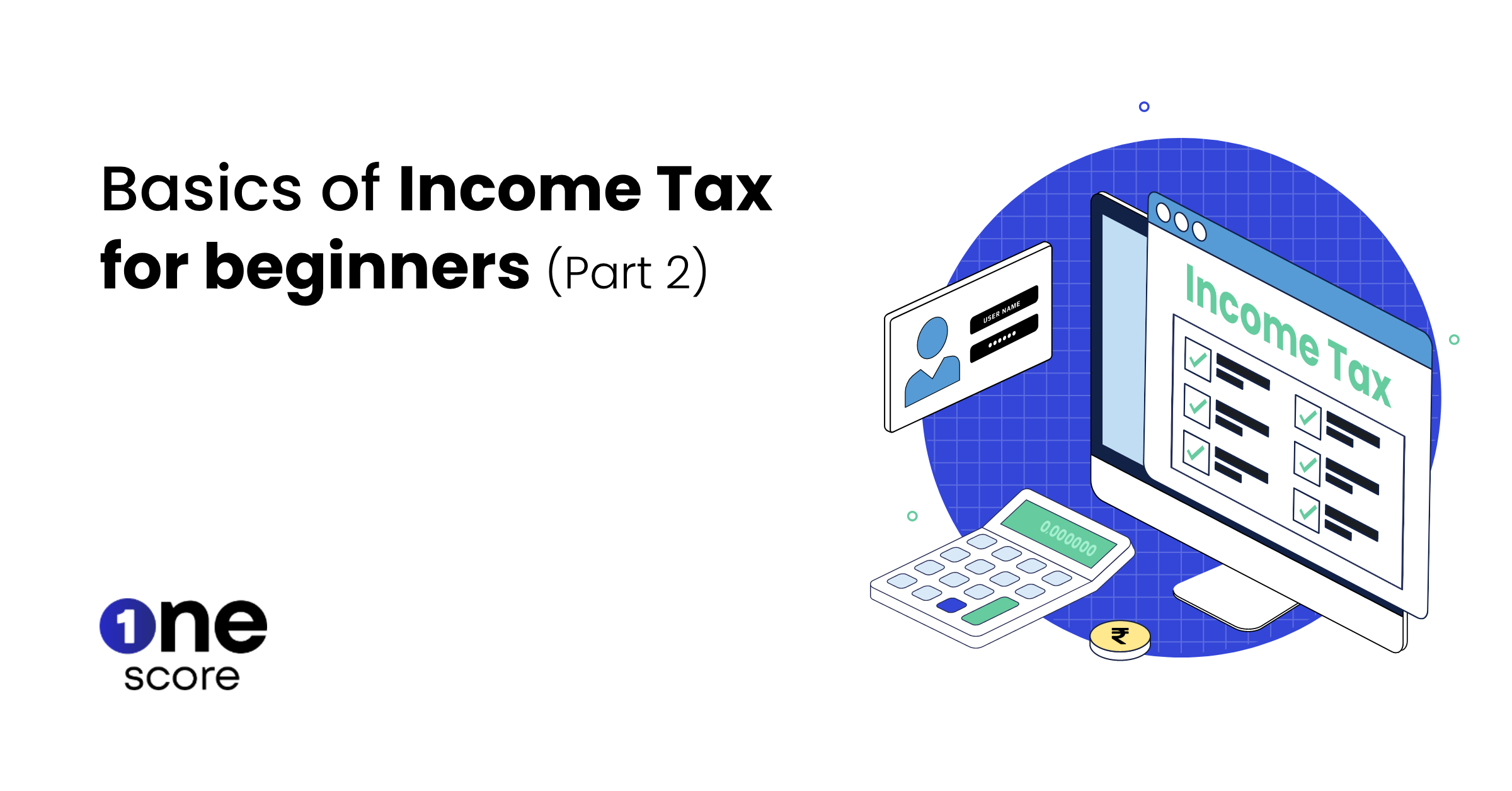
Taxes can be confusing, but understanding the basics is important for managing your finances. Whether you’re an individual or a small business owner, knowing these essential tax terms will help you take control of your taxes and make smart financial choices. By grasping these fundamental concepts, you’ll feel more confident and capable when it comes to dealing with taxes.
In case you haven’t yet read the tax glossary: Part 1, don’t worry! Read It Here: Tax Glossary: Tax terminologies you must know of Part 1
Remember, knowledge is power, and taking the time to familiarize yourself with tax terminology will empower you to make informed decisions and navigate the tax landscape with ease. Let’s dive in and make taxes less overwhelming. Here are some simple tax terms you should know:
Tax Glassary:
1.Assessee: An assessee is someone who has to pay taxes. It can be an individual, a company, or any other entity that is responsible for paying taxes. For example, if you have a job and earn income, you are an assessee and need to pay income tax.
2.Assessment: Assessment is the process of determining how much tax a person needs to pay. It involves calculating the total income, deducting eligible expenses and deductions, and applying the applicable tax rates. For example, if you earn ₹1,50,000 in a year, the assessment process determines how much tax you owe based on your income and the tax rates.
3.Tax slabs: Tax slabs are different income ranges with corresponding tax rates. Below are the tax slabs according to Indian Tax Rate System:
| Income Slab | Old Tax Regime | New Tax Regime |
|---|---|---|
| ₹0 - ₹2,50,000 | - | - |
| ₹2,50,000 - ₹3,00,000 | 5% | - |
| ₹3,00,000 - ₹5,00,000 | 5% | 5% |
| ₹5,00,000 - ₹6,00,000 | 20% | 5% |
| ₹6,00,000 - ₹7,50,000 | 20% | 10% |
| ₹7,50,000 - ₹9,00,000 | 20% | 10% |
| ₹9,00,000 - ₹10,00,000 | 20% | 15% |
| ₹10,00,000 - ₹12,00,000 | 30% | 15% |
| ₹12,00,000 - ₹12,50,000 | 30% | 20% |
| ₹12,50,000 - ₹15,00,000 | 30% | 20% |
| >₹15,00,000 | 30% | 30% |
Also read: How to file income tax return?
4.Section 80D: Section 80D allows you to get tax benefits for the premiums you pay toward health insurance. For example, if you paid ₹5,000 in health insurance premiums for yourself and your family, you can claim a deduction. The maximum deduction that can be claimed under this section is ₹25,000 during a financial year.
5.Section 80E: Section 80E provides tax benefits on the interest paid on education loans. For example, if you paid ₹1,000 in interest on an education loan in a year, you can claim a deduction of the entire amount under Section 80E.
6.Section 80EE: Section 80EE offers additional tax benefits on home loan interest for first-time homebuyers. For example, if you are a first-time homebuyer and paid ₹10,000 in interest on your home loan, you can claim a deduction. The maximum deduction that can be claimed under this section is ₹50,000 during a financial year.
7.Section 80EEA: Section 80EEA provides tax benefits on interest paid on loans taken for affordable housing. For example, if you took a loan for an affordable home and paid ₹8,000 in interest, you can claim a deduction. The maximum deduction that can be claimed under this section is ₹ 50,000 during a financial year.
8.Section 80TTA: Section 80TTA allows you to claim a deduction on the interest earned from your savings accounts. For example, if you earned ₹500 in interest from your savings account, you can claim a deduction. The maximum deduction that can be claimed under this section is ₹ 10,000 during a financial year.
9.Section 80TTB: Section 80TTB is applicable to senior citizens and offers deductions on interest earned from deposits. For example, if you earned ₹1,200 in interest from fixed deposits, you can claim a deduction. The maximum deduction that can be claimed under this section is ₹ 50,000 during a financial year.
10.State taxes: These are the taxes levied by the state government. It includes state income tax, sales tax, and property tax. For instance, when you purchase an item from a store, you may have to pay sales tax, which goes to the state government.
11.Central Tax: The central or federal government imposes these taxes. It includes income tax, corporate tax, customs duty, and service tax. When you receive your salary, a portion is deducted as income tax, which goes to the central government.
12.Tax audits: Tax audits are examinations conducted by tax authorities to ensure that individuals or businesses are accurately reporting their income and fulfilling their tax obligations. If you are selected for a tax audit, the tax authorities will review your financial records and tax returns to verify their accuracy. It ensures that taxpayers are adhering to the tax laws and regulations.
13.Tax deductions: Tax deductions are expenses, investments, or allowances that reduce your taxable income. Deductions are subtracted from the total income, resulting in a lower tax liability. For example, if you earn ₹50,000 and have ₹5,000 in eligible deductions, your taxable income would be reduced to ₹45,000, resulting in lower taxes.
14.Tax exemptions: Tax exemptions are exclusions or reliefs that allow certain income or transactions to be exempt from taxation. It means the taxpayer does not have to pay tax on the exempted income or transaction. For example, if you receive income from agriculture, it may be exempt from income tax.
Some of the exemptions include:
- House Rent Allowance (HRA)
- Leave Travel Allowance (LTA)
- Transport Allowance
- Medical Reimbursement
- Gratuity
- Employees’ Provident Fund (EPF)
- Public Provident Fund (PPF)
15.Tax planning: Tax planning are strategies or methods to minimize your tax liability. Examples include investing in tax-saving schemes, optimizing deductions, and utilizing exemptions. For instance, contributing to a retirement savings plan can reduce your taxable income and lower your tax liability.
16.Tax-saving investments: Tax-saving investments are financial instruments or schemes that offer tax benefits. These investments provide deductions or exemptions under specific sections of the tax laws. Examples include investments in Public Provident Fund (PPF), National Savings Certificate (NSC), and tax-saving fixed deposits. These investments help reduce your taxable income and lower your tax liability.
Did you find these tips helpful? Stay tuned for more. To regularly track and manage your credit score for free, download OneScore.
**Disclaimer: The information provided on this webpage does not, and is not intended to, constitute any kind of advice; instead, all the information available here is for general informational purposes only. FPL Consumer Services Private Limited and the author shall not be responsible for any direct/indirect/damages/loss incurred by the reader in making any decision based on the contents and information. Please consult your advisor before making any decision.
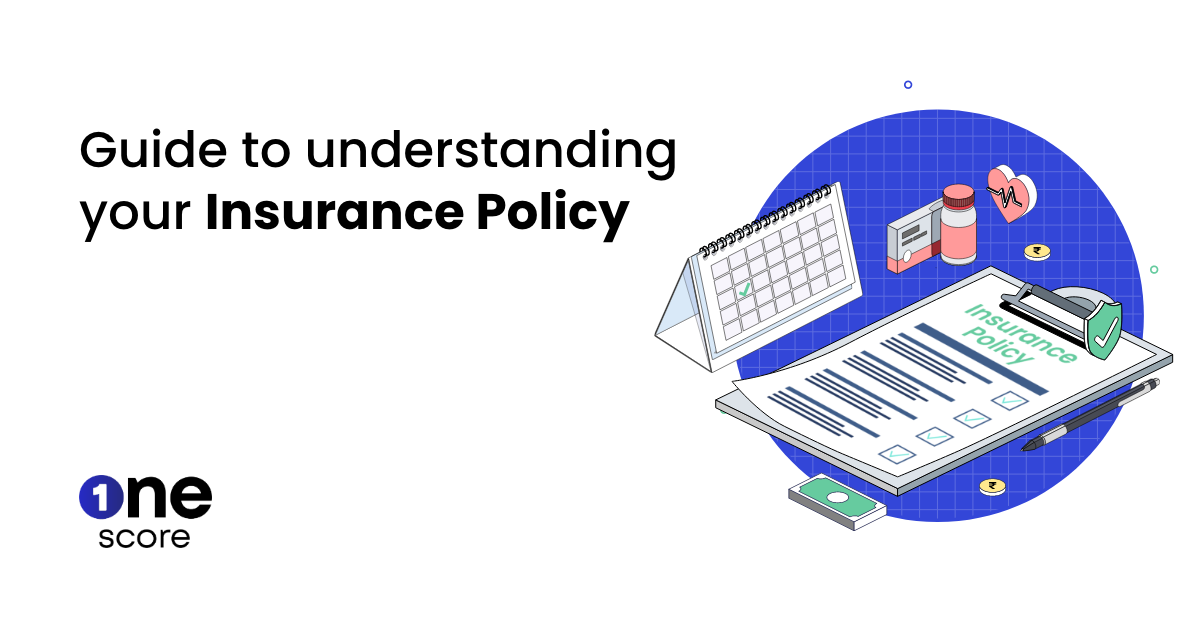
Health Insurance Glossary: Terms and conditions you must know of
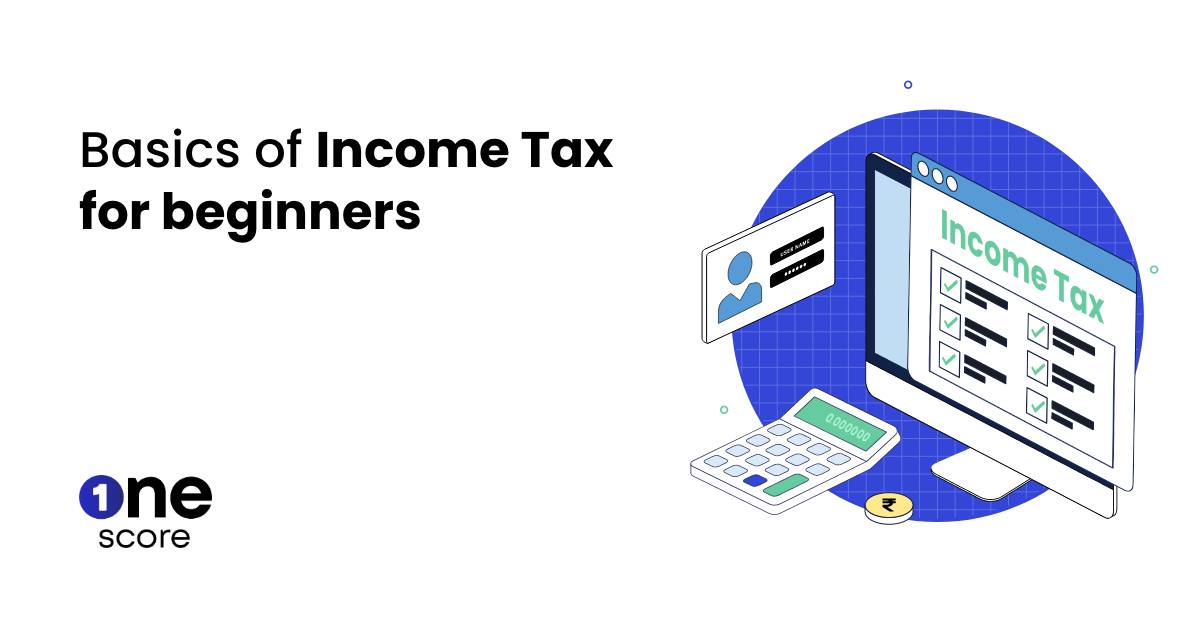
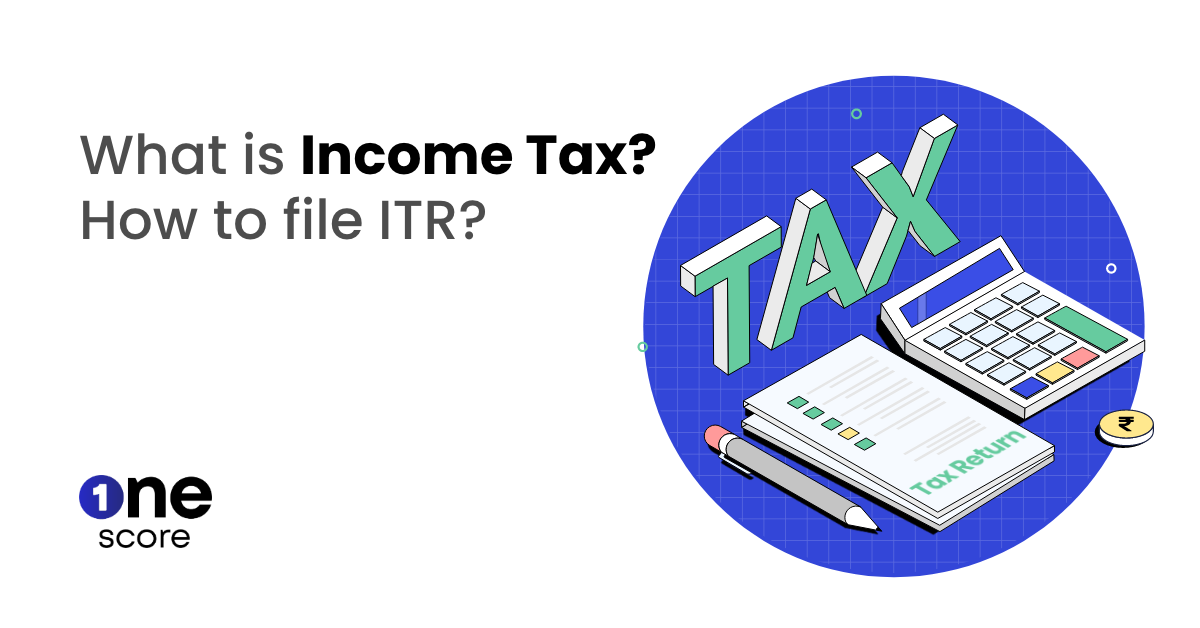
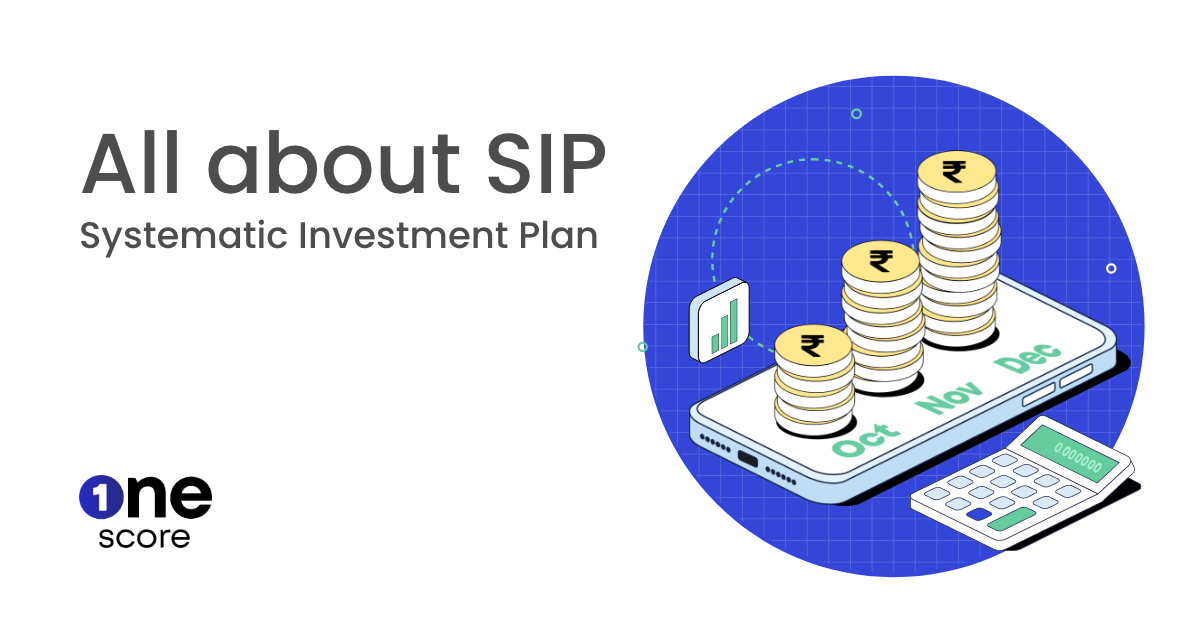


- OneScore , July 11, 2023

